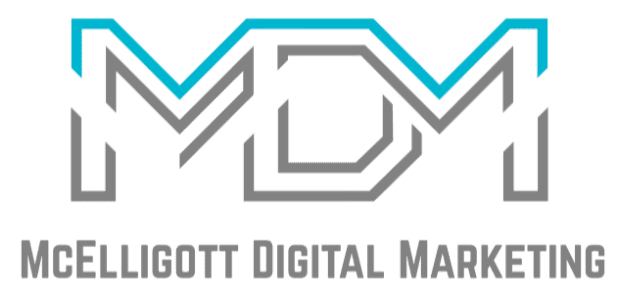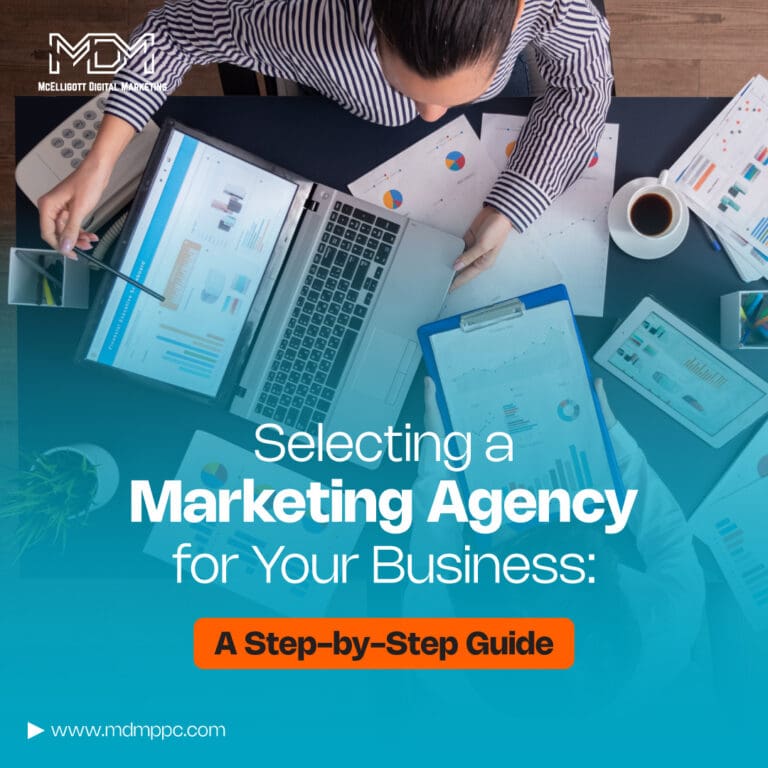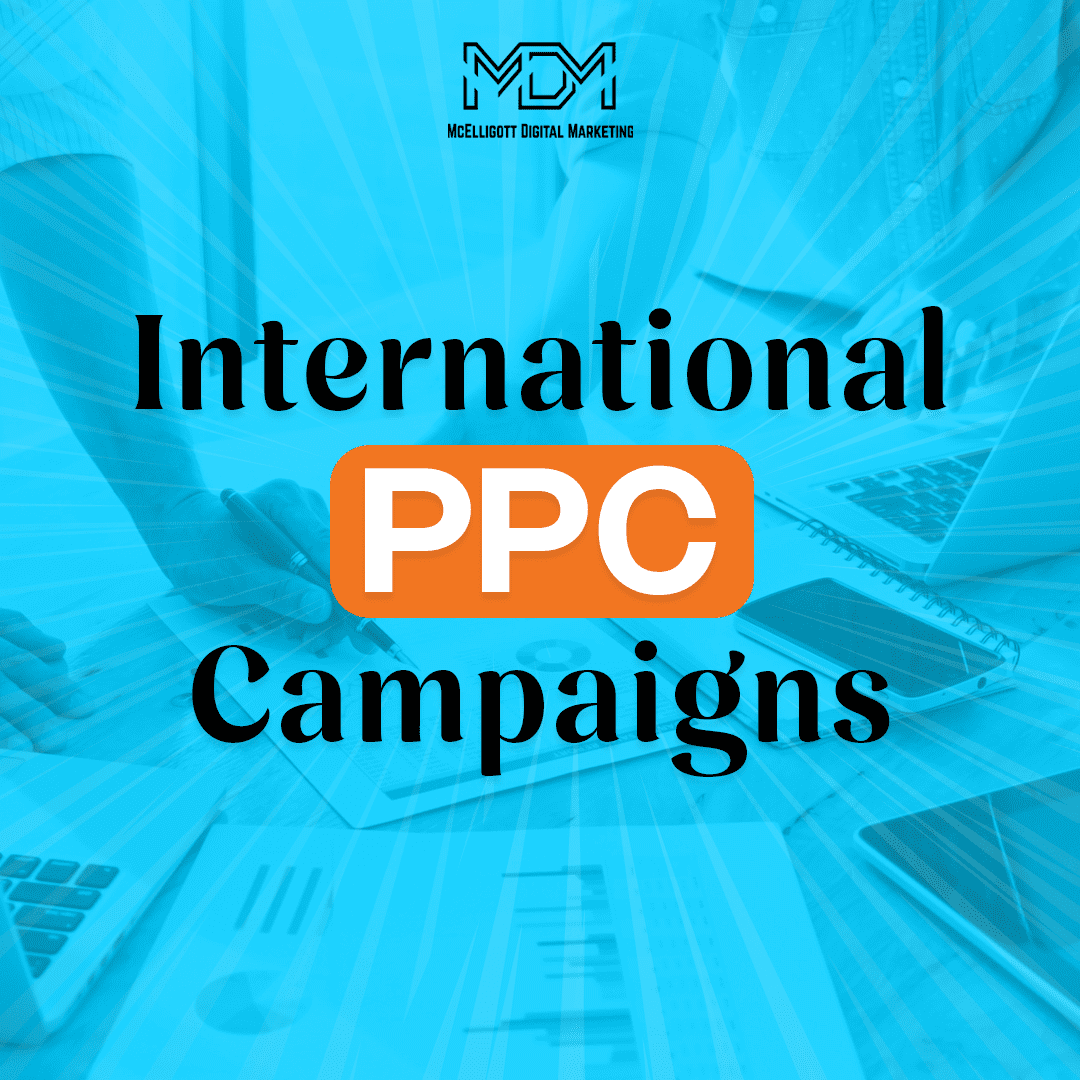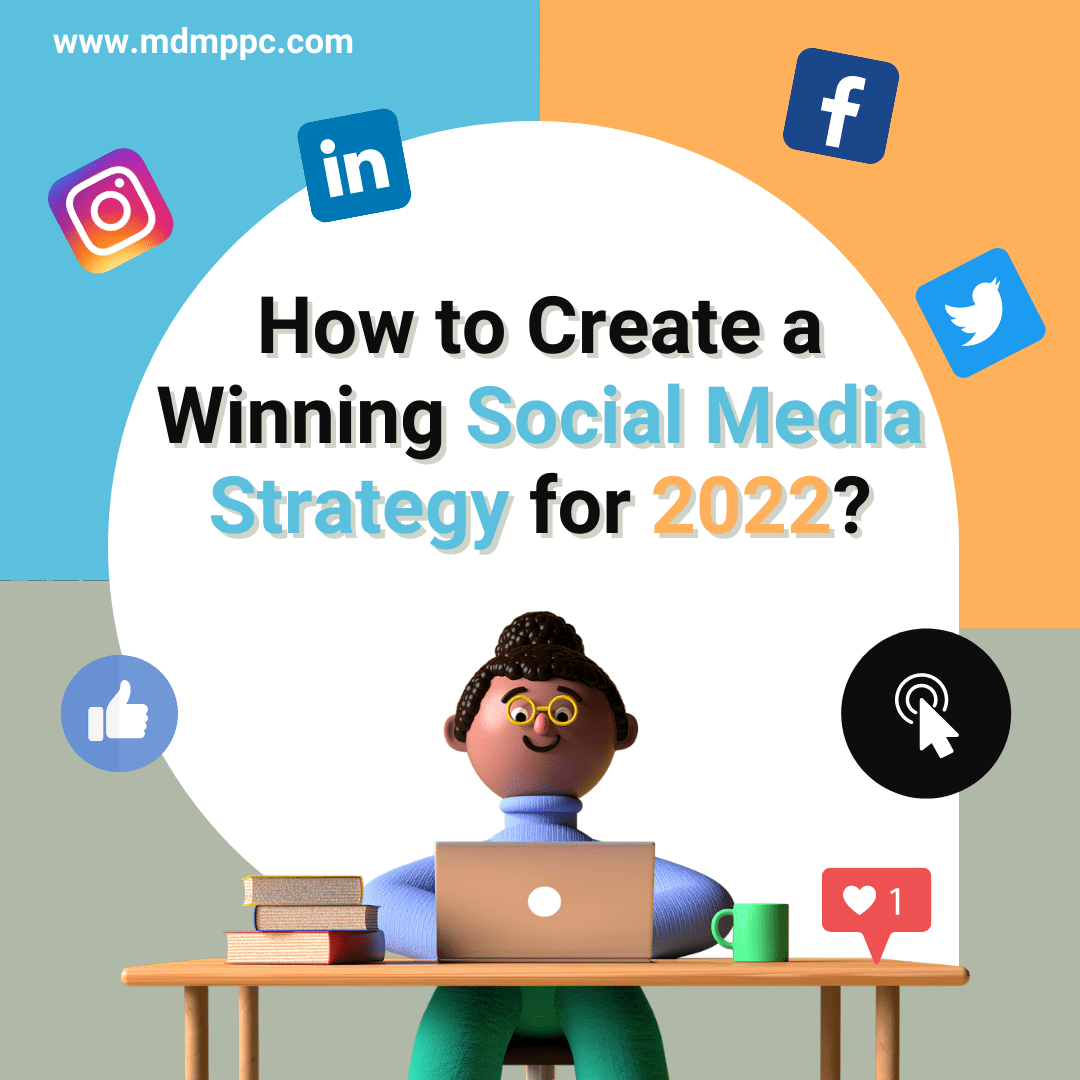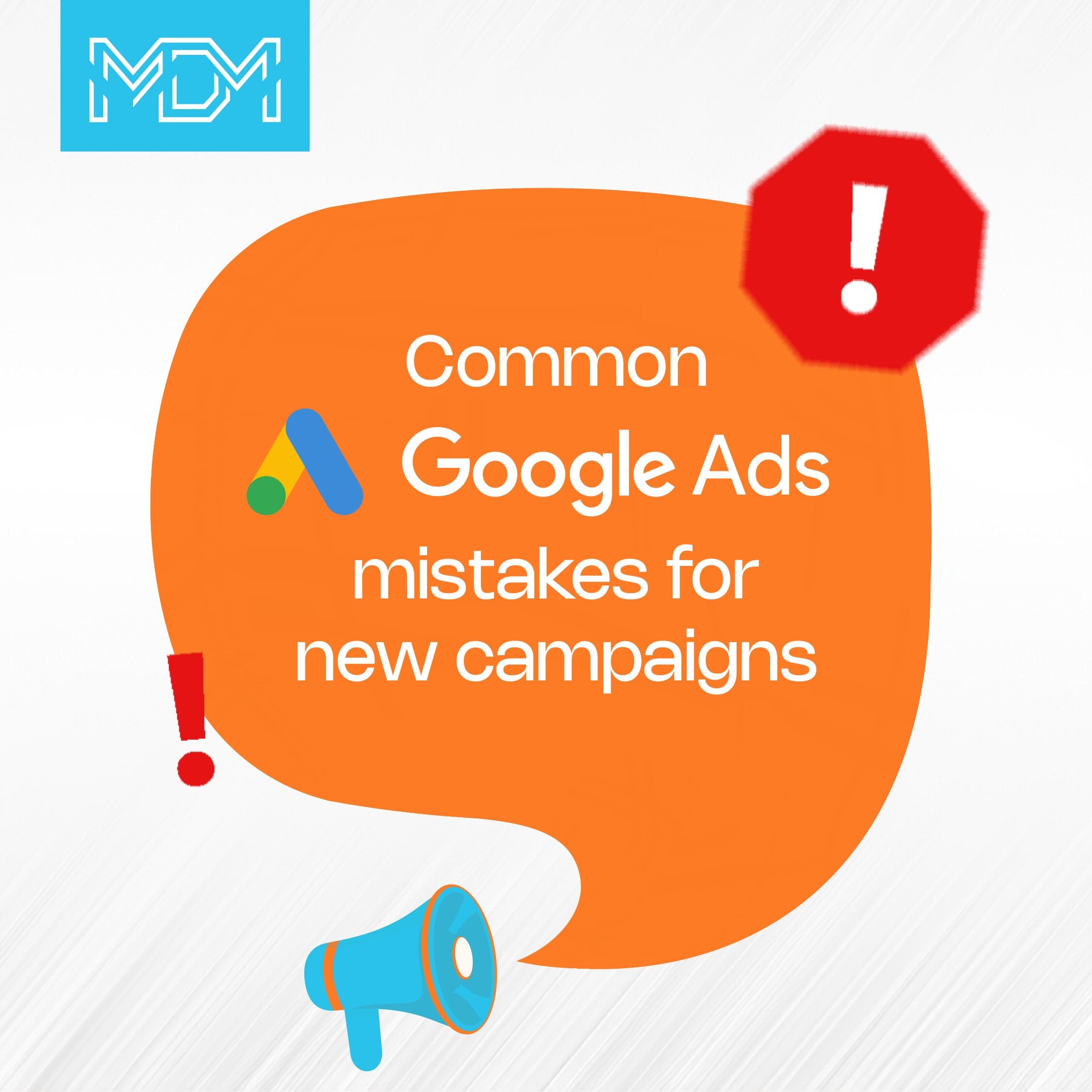Choosing a great marketing agency and choosing the marketing agency that’s right for your business are two different things.
Partnering with a digital marketing agency can propel your business to peak performance, effortlessly adapting to the twists and turns of the market.
At the same time, a mismatched agency is similar to driving a vehicle ill-suited for the terrain, causing unnecessary detours and slowing your progress.
To back this up, Smart Insights found that 45% of businesses still need a digital marketing strategy. Working with seasoned digital marketing can help your business get more eyes on the internet and more customers to your door.
So, how do you approach picking a digital marketing agency for your business? There are several questions to consider like
- What is my budget for digital marketing services?
- What services do they offer?
- What reporting and analytics do they provide?
- How do they handle communication and collaboration?
…and more.
In this blog article, we’ll make it simple for you to choose the right digital marketing agency for your business.
10-step guide to choosing a good digital marketing agency
1. Decide your goals clearly
Setting clear and well-defined digital marketing goals is the cornerstone of a successful campaign.
These goals should be specific, measurable, realistic, and time-bound (SMART), and they must align seamlessly with your broader business strategy.
Defining objectives that match your business’s needs and resources is crucial.
For instance, if you’re an e-commerce business aiming to boost online sales, setting a specific goal of increasing sales by 20% in the next quarter is both clear and measurable.
While ambitious goals can be motivating, it’s important to ensure they are realistic while considering your current resources and market conditions.
A timeline is also essential, as it creates a sense of urgency and allows for effective planning.
Short-term, mid-term, and long-term goals provide a comprehensive strategy.
Moreover, clear communication and documentation of your goals are vital, as they ensure everyone involved in your campaign understands the desired outcomes and works together to achieve them.
2. Set your budget
Your digital marketing budget is your financial roadmap. It tells you how much you can invest in your campaigns.
To determine your budget, first, consider what you can comfortably allocate without straining your overall business operations. This is typically a percentage of your revenue, often ranging from 5% to 15%.
Next, align your budget with your business goals. If you aim for rapid growth, you might allocate more resources, targeting a higher ROI. Factor in all expenses, from ad spending to content creation and tools.
Remember that your budget should be flexible. Analyze the ROI of your campaigns regularly and adjust your allocation to optimize results.
Keep an eye on competitors to gauge industry standards. Don’t hesitate to negotiate pricing with your digital marketing agency to ensure your budget aligns with your needs and objectives. But that will come in later steps.
3. Determine the marketing services you need
When it comes to digital marketing, it’s not a one-size-fits-all game. Your business is unique, and so are its needs.
Begin by understanding what your business needs. Do you yearn for a higher search engine ranking? If so, SEO is your best friend. Are you in the game to conquer the social media landscape? Social media marketing is the weapon of choice
If content creation is your strategy then content marketing is your forte.
If your business needs to get noticed, for example during a festive season, paid advertising is your accelerator.
Explore questions like:
- Do you need to improve your website’s visibility on search engines (SEO)?
- Is social media presence vital for your brand’s engagement?
- What kind of content do you need, and how frequently should it be produced?
For example, if you run a B2B company targeting a niche market, content marketing, and LinkedIn advertising might be more relevant than an Instagram-focused campaign.
4. Shortlist agencies and review their portfolio
With your goals defined, it’s time to find the right marketing agency.
Start by using matchmaking platforms that connect brands and agencies, offering diverse options from tech vendors to graphic design firms. Brand-centric platforms like Google Partners and Facebook Partner Directory also provide certified agencies.
Leverage your team’s experience by seeking internal recommendations from colleagues who have worked with marketing providers. Expand your network and ask non-competing businesses for referrals or check with your current vendors.
Once you have a list of candidates, send them a formal request for proposal (RFP) to gather essential information about their solutions, pricing, and expertise, streamlining your selection process.
5. Check online reviews and evaluate expertise
Now that you’ve gathered a list of potential agency partners, it’s time to put on your investigator hat.
To ensure you’re making the right choice, check-
- What do clients say about the agency’s communication, performance, and results?
- How does the agency handle negative feedback and criticism?
- Have they received any industry recognition or awards?
Just as you’d consult Yelp or Amazon reviews before buying a product, scrutinize an agency’s online reputation.
Scan platforms like Google, Yelp, or industry-specific review sites. Pay attention to what previous clients are saying about their experiences. Look for consistency – are they praised for their communication, performance, and results? Beware of agencies with a trail of dissatisfied customers.
Agencies that have been recognized for outstanding work or innovative strategies are usually at the top of their game. Search for certifications, industry group affiliations, or awards that highlight their expertise.
6. Set up a consultation
It’s time to get into one-on-one consultations with your potential agency partners.
Just like interviewing a candidate for a job, these meetings are your chance to gauge the agency’s expertise, approach, and compatibility with your business.
Here are some questions to ask during these consultations:
- What experience do you have in my industry?
- Can you provide examples of successful local advertising campaigns you’ve executed?
- Can you handle the specific services I need?
- How do you measure and track performance?
- How do you handle communication and reporting with clients?
- Can you provide references or client testimonials?
- What is your pricing structure?
- Can services be bundled, and if so, what’s the cost or savings?
- How often will you provide updates and progress reports?
- Will I have a dedicated representative?
7. Ask about their marketing tools and strategies
Your next step in selecting the right agency is to get under the hood and understand the tools and strategies they plan to employ to drive your digital marketing success.
Inbound marketing is the heart of today’s digital marketing world. It involves attracting customers through valuable content and experiences tailored to their needs. Ask the agency about their inbound marketing techniques and how they plan to use content to draw potential customers to your business.
A strong social media presence is non-negotiable. Inquire about the agency’s social media marketing strategies. How will they boost your social media engagement and expand your online presence?
Ask the agency about their automated activities and how they plan to use automation to boost conversions and streamline your marketing efforts.
8. What does client success mean to the agency?
An agency’s ability to monitor and measure key performance indicators (KPIs) is the linchpin of an effective strategy. It’s like switching on your GPS to stay on course.
The agency should utilize analytics tools to gauge the impact of your digital marketing campaigns on sales.
While the specific KPIs depend on your goals and business type, fundamental metrics include website visitors, leads generated, Marketing Qualified Leads, Sales Qualified Leads, and deals closed.
These metrics track the journey from initial interest to final sale.
Measurement isn’t just about numbers. It’s about understanding what success means to your agency and guiding your journey to ensure your digital marketing strategy is data-driven and leads you to success.
9. Meet the team you’ll work with
Agency-client relationship is necessary for good collaboration and success. You’ll want to meet the actual team that will be working on your account.
This step involves understanding their roles, expertise, and how they’ll collaborate with your in-house team. Ask about their experience, past projects, and communication style. A strong, collaborative team can make or break your digital marketing efforts.
- Who are the key members who will be working on your campaign?
- What experience and expertise do they bring?
- How do they plan to collaborate with your in-house team?
Try to understand the individuals who will be handling your project, and you can ensure their skills and communication align with your goals.
10. Transparent pricing considerations
Transparency in pricing is the anchor of a productive agency-client partnership. Ensure that the agency provides a clear breakdown of costs, including fees, ad spend, and any additional charges.
Discuss how pricing may evolve as your needs change. A transparent pricing structure fosters trust and allows you to budget effectively for your digital marketing endeavors, eliminating any unwelcome surprises along the way.
- What is the pricing structure, including any hidden fees or additional costs?
- Are there any contractual obligations or long-term commitments?
- How does the agency justify the costs based on your goals and expected ROI?
For instance, if the agency offers a retainer-based pricing model, make sure you understand what services are included and if there are any overage charges.
Over to you
At McElligott Digital Marketing, we have done dozens of collaborations with brands, and that’s how we got the idea in the first place to talk about helping businesses find the right digital marketing agency.
The above tips are like a checklist that you can use to partner with an agency.
If you are looking for a PPC agency that is experienced in paid advertising and SEO, you’re at the right place.
To know more, book a FREE consultation with us today.
